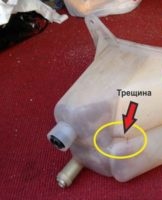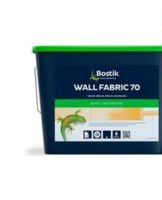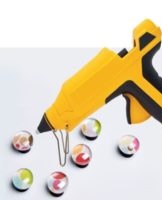Technical characteristics of Eunice 2000 glue and instructions for use
The domestic manufacturer "Yunis" has created an adhesive composition 2000 for a wide range of applications. The mixture is supplied dry, packaged in paper bags. It remains to dilute it with water and the tiling agent is ready. Eunice is chemically neutral, recommended for use in daycares. With its help, they coat walls, floors and also facades.
Particularities of the Unis brand
The Unis company has been operating in the Russian market for more than 2 decades. During this time, they learned to make very good, inexpensive and high-quality adhesives. The assortment includes several varieties, both universal and highly specialized.
The main objective of the company is the production of dry mixes. They have a long shelf life and can be prepared instantly. Eunice successfully competes with Ceresite and Hercules, with them entering the popular adhesive rating.
Composition and technical properties
The mixture includes cement, adhesive additives, plasticizers. The mixture has a universal purpose not only because it is used for laying tiles inside and outside buildings. With Yunis 2000 you can compensate for drops of up to 15 millimeters by replacing the clevis.
Brief technical characteristics of the glue are shown below:
- laying temperature - from 5 to 30 degrees Celsius;
- optimal consumption - 3.5 kilograms per square meter;
- preservation of the properties of the solution before the start of setting - up to 3 hours;
- tile correction period - 10 minutes;
- minimum charging time on tiled floor is 24 hours;
- adhesion to the base - 1 Megapascal;
- working temperature range - from -50 to +50 degrees Celsius;
- packaging - in bags of 5 and 25 kilograms.
What surfaces does tile adhesive work on?
The versatility of the glue lies in its ability to work with different types of substrates - concrete, plaster, cement screed, walls, floors. They do not even need to be leveled before laying. Also, you don't need to put extra effort into creating a notch, which is usually needed before lamination.
The area to be applied must be clean, dry and as flat as possible.
No wetting required, Eunice adheres to most hard surfaces of a wide variety of materials.
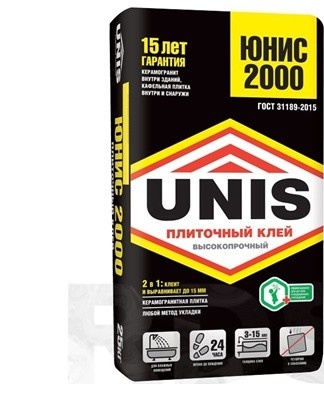
Concrete
Eunice 2000 is compatible with concrete surfaces, ensuring reliable adhesion of the coating to the substrate. Before applying glue, they are cleaned of dust, dirt, traces of oil. The destroyed layer of concrete is chipped. For flat surfaces, in order to standardize the consumption of the mixture, the composition is applied with a comb spatula.
In all other cases, in the presence of cracks and potholes, differences in height, they are filled with glue, thereby obtaining a uniform plane. Correction of the tile coating is possible within 10 minutes, then the process of hardening of the mixture begins.
Gypsum
Thanks to its balanced composition, Eunice 2000 guarantees a high tearing force of the tile from the support. Even plaster. Cleaning is carried out manually or mechanically. The ready-mixed mixture is applied to the surfaces to be coated, while the creation of glue contact areas is allowed, both on the base and on the tile itself.
No matter what will be used for installation - porcelain stoneware, natural stone, tiles, Eunice 2000 will provide reliable adhesion to walls and floors.
Brick
Cladding with tiles will allow you to change the appearance of bare brick walls beyond recognition. There are enough options for this: torn stone, sandstone, clinker casting, glazed tiles. It remains to choose a reliable adhesive. Eunice 2000 will also work in this case. You just need to worry about the wall being cleaned of old plaster, mold, paint, traces of oil or petroleum products before installation.
Cement
Cement walls and floors are included in the list of materials with which the glue manufacturer guarantees acceptable adhesion. As in the previous cases, cleaning of dust and dirt will be necessary. When using Unis as a leveling layer (this is allowed by the manufacturer), the glue consumption increases proportionally.
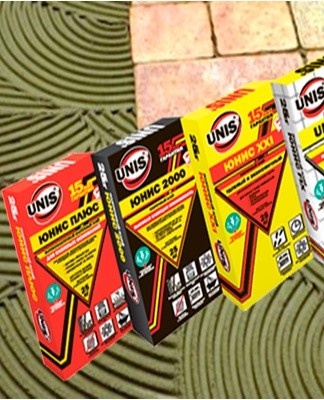
One square meter of surface during coating supports up to 50 kilograms of tiles. This means that heavy materials (granite, marble, cermets) can be used.
Asphalt
Bituminous coatings in most situations do not provide the required stability, but given the unique properties of Eunice glue, this is not an obstacle.The only danger is that when used outdoors, the adhesion of the tile to the adhesive does not cause the asphalt pavement to delaminate from the substrate. This composition, according to the manufacturer, withstands at least 30 transient thaw-freeze cycles (according to other sources - 100).
Manual
The use of Eunice 2000 glue is limited by environmental conditions: the temperature should not be lower than +5 and higher than +30 degrees Celsius. The required humidity level is 75% (limit value). Before the start of coating, the base is prepared. It includes the obligatory removal of the old screed, plastered with decaying plaster. Anything that may peel or crumble in the future should be removed. Leveling the base is also an important procedure that will reduce the consumption of the adhesive mixture and reduce the time spent on facing.
The manufacturer allows the use of Eunice 2000 to compensate for drops of up to 15 millimeters, but it is better to avoid this. It is recommended to use the compositions of Yunis - Silin, Teplon and Standard. Gaps, defects of 10 millimeters or more are subject to sealing. If you completely get rid of the remnants of the old coating, coating is not possible, an average notch depth is made every 4-5 centimeters.
To increase adhesion to the substrate, it is allowed to use a special primer, which is available in the Yunis product line. One or two passes are enough. Surfaces with increased liquid absorption, aerated concrete or gas silicate walls should be treated more carefully. Forced humidification is not necessary.
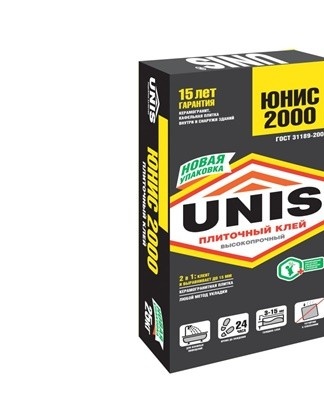
When mixing the glue solution of the prepackaged mixture, clean tools and containers are used, without residues of other compounds, without traces of oils.It is necessary to achieve a homogeneous consistency, without lumps and missing (dry) places. It is allowed, to speed up the process, to use mechanical means, stirrers and nozzles.
Ideally, after active mixing, pause for 3-5 minutes for the components of the mixture to react with the liquid. The storage time for freshly prepared mortar is 3 hours. After this period, the mixture must be worked out. Glue is applied with a construction trowel, spatula (regular or comb).
It is recommended, for better adhesion, expelling the air, to lightly press the tiles facing them, turning them over (tap gently with a hammer in a rubber sheath).
Another trick concerns the optimization of the time spent on the facing: the adhesive must be applied according to its own capacities, so as not to exceed the "pot life" of the solution, to prevent it from hardening. Working outdoors, especially when using tiles of large sizes and weights, the compound is applied to both mating surfaces, the base and the cladding. When the installation is complete, the foreman has about 10 minutes to correct it, which is important if a mistake has been made accidentally or the progress of the work has been disrupted.
Calculation of consumption
To determine the nominal consumption of dry mix per m2, it is enough to carefully study the instructions on the package. With a normalized layer of 3 millimeters, it will be about 3.6 kilograms per square meter of surface. Accordingly, with a greater thickness of glue, consumption will increase.
Precautionary measures
Glue is not a toxic product.But this does not mean that standard precautions are not necessary: protect the organs of vision, avoid contact with mucous membranes and enter the esophagus.
Advantages and disadvantages
The adhesive is intended for use in most situations, for a variety of materials and environments. It is suitable for external use, non-toxic, does not contain any poison. Recommended for children's institutions. The main advantage of the glue is that it is produced in Russia and adapted to local conditions. The disadvantage can be considered the fact that Eunice has a limited number of frost resistance cycles, does not work with all surfaces.
What else do you need to know
The manufacturer's assortment includes a variety of mixtures of adhesives, processing agents and finishing compounds. Before choosing the right one, you need to study the characteristics, operating temperature regime, and only then choose the appropriate adhesive for the tile.

